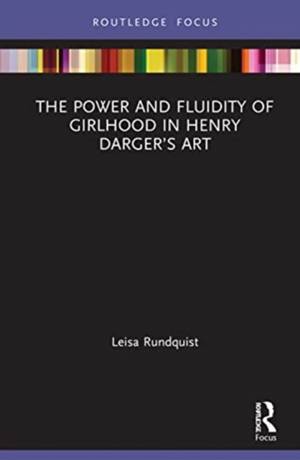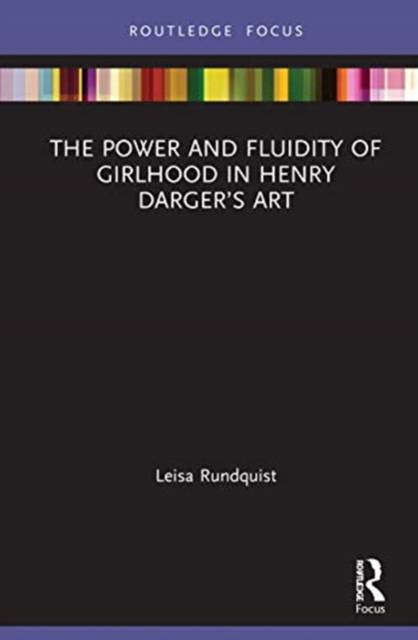
- Retrait gratuit dans votre magasin Club
- 7.000.000 titres dans notre catalogue
- Payer en toute sécurité
- Toujours un magasin près de chez vous
- Retrait gratuit dans votre magasin Club
- 7.000.000 titres dans notre catalogue
- Payer en toute sécurité
- Toujours un magasin près de chez vous
The Power and Fluidity of Girlhood in Henry Darger's Art
Leisa RundquistDescription
This book is the first to examine Henry Darger's conceptual and visual representation of "girls" and girlhood.
Specifically, Leisa Rundquist charts the artist's use of little girl imagery--his direct appropriations from mainstream sources as well as girls modified to meet his needs--in contexts that many scholars have read as puerile and psychologically disturbed. Consequently, this inquiry qualifies the intersexed aspects of Darger's protagonists as well as addresses their inherent cute and little associations that signal multivocal meanings often in conflict with each other. Rundquist engages Darger's art through thematic analyses of the artist's writings, mature works, collages, and ephemeral materials.
This book will be of particular interest to scholars in art history, art and gender studies, sociology, and contemporary art.
Spécifications
Parties prenantes
- Auteur(s) :
- Editeur:
Contenu
- Nombre de pages :
- 126
- Langue:
- Anglais
- Collection :
Caractéristiques
- EAN:
- 9781138314559
- Date de parution :
- 06-04-21
- Format:
- Livre relié
- Format numérique:
- Genaaid
- Dimensions :
- 137 mm x 218 mm
- Poids :
- 294 g







